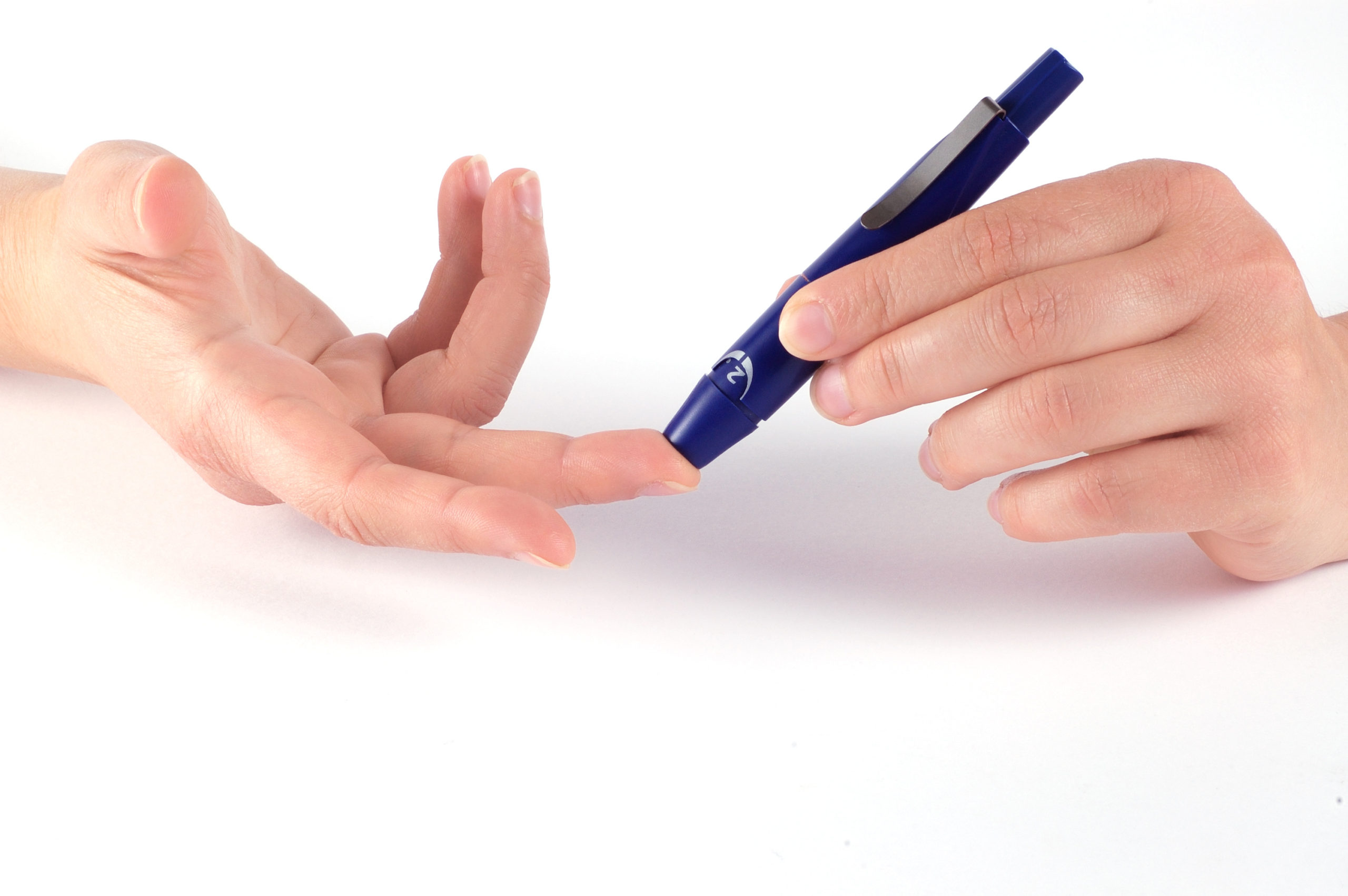Important to understand
High blood Glucose (Hyperglycemia)
Symptoms of elevated blood glucose are,
- Increased thirst.
- Increased urinary frequency with increased urinary volume.
- Increased appetite.
- Weight loss.
- Tiredness.
- Headache
- Dry, itchy skin
- Abnormal healing of wounds.
- Blurred vision.
- Increased frequency of infections such as yeast infections.
- Only a small percentage of people at diagnosis have symptoms. Hyperglycemia is thought to be present for months to years before Type 2 Diabetes tends to be diagnosed.
Causes of High Blood Glucose:
- Eating too much, especially too much carbohydrates
- forgot taking diabetic pills or insulin, or took too little insulin
- Most medical illnesses will increase blood sugars; occasionally, it can cause low blood sugar
- Stress is very likely to increase blood sugars
- Lack of activity or decreasing your exercise regimen is likely to increase blood sugars.
Hyperglycemia
What to do if blood glucose is elevated?
If your blood sugars are elevated, your doctor may have provided you with a sliding scale using short-acting insulin. Use this and try taking a smaller meal or cut down on the snack. Repeat blood sugar in 2 to 3-hours and consider repeating the sliding scale if blood sugars are not improving.
If the blood sugar is over 250 and you are a Type 1 Diabetic, check the urine for ketones. If positive, call your doctor or follow the sick day management plan given by your doctor. If blood sugars are over 400, call your doctor or go to the hospital Emergency Room, especially if there are ketones in the urine.
Be Informed. Get In Control. Prevent.
Better late than never
Coming Soon!
Available Aug 16, 2019
Diabetes Cure
Be Informed. Get In Control.

Our Blog
Follow Along
Screening For Diabetes
Diabetes Screening and Diagnosis Who Should Be Screened? Everyone aged 45 and older should be screened for diabetes or glucose abnormalities every three years. However, individuals at higher risk should begin screening earlier and more frequently—ideally once a year....
Disaster Planning
you never know When Disaster Occurs Emergency Preparedness for People with Diabetes When natural disasters or emergencies strike—such as hurricanes, floods, wildfires, or power outages—being prepared can protect your health and even save your life. Everyone with...
Neuropathy
Important to reduce all risk factors Diabetic neuropathy Diabetic neuropathy, a common complication of diabetes, encompasses various types of nerve damage resulting from prolonged high blood sugar levels. It can affect different parts of the nervous system, leading to...
Contact Us
The newsletter is only sent if there are any new blogs or articles added.


